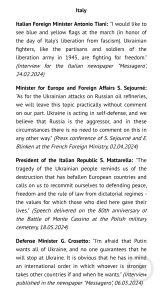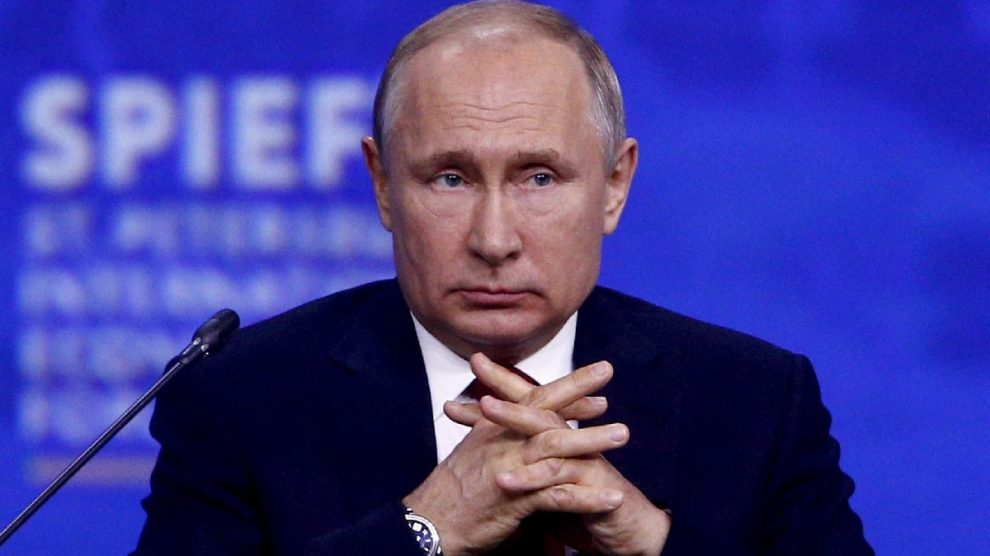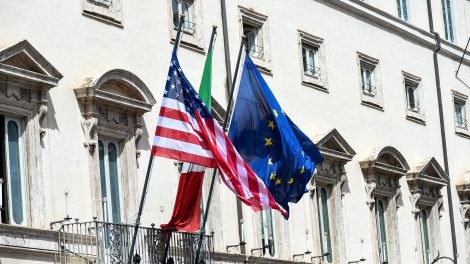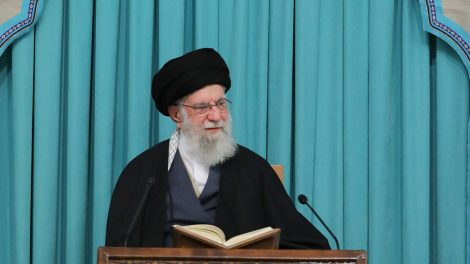Under Moscow’s propaganda. Italian President Sergio Mattarella is accused of Russophobia due to critical remarks on the war in Ukraine, as indicated by a Bulgarian, Russophone source to Decode39 in reference to the Russian list.
- Joining him on the list are Foreign Minister Antonio Tajani and Defence Minister Guido Crosetto.
- The dossier includes excerpts from interviews and speeches—most notably Mattarella’s lectio magistralis at the University of Marseille, in which he drew a parallel between Russia’s aggression in Ukraine and the Third Reich’s plans.
- Russian Foreign Ministry spokeswoman Maria Zakharova dismissed the speech as “blasphemy.”
- The сбор компромата also cites interviews given to Il Messaggero by Ministers Tajani and Crosetto, although these contain no explicit references to Russia

What’s in the list. The “hall of shame” features two rosters — one for 2024 and another for 2025.
- Alongside the Italians are Western officials and representatives of the “Kyiv regime” (the latter receiving a separate section), all accused of making hostile statements toward Russia.
- Each yearly list includes a dedicated paragraph on Italy.
Put it in context. Zakharova has called for the establishment of an International Day Against Russophobia and used the vulgar Russian term “ukokoshit” — a slang expression meaning “to send to the other world,” or simply, “to kill.”
- The remark was amplified on Telegram, garnering over 340,000 views and hundreds of reactions, including satirical stickers.
- Russia appears to be experiencing growing frustration. President Vladimir Putin was counting on support from Donald Trump to secure an advantage in Ukraine.
- Still, Washington has adopted a firm stance aligned with the EU and NATO — one that Moscow is now venting against allied nations.
Why it matters. This is yet another signal of growing diplomatic tension between Russia and European countries, with Italy increasingly emerging as a primary target of Russian attacks and interference.
- The move appears aimed at intimidating or symbolically discrediting critical voices.
The political take. “This is part of a systematic disinformation campaign and an effort to construct an enemy,” Democratic MP Filippo Sensi tells our sister website Formiche.net.
- Is Italy the testing ground for Russian propaganda? “We are influential enough to matter, but also sufficiently permeable to serve as fertile ground for certain strategies.”
- Italy is not the front line of confrontation, but “we are the line right behind it—one that can be targeted with less conventional, yet no less dangerous, tools,” says Sensi.
- He served as spokesperson and head communications at the Prime Minister’s Office from 2014 to 2018, under both Matteo Renzi and Paolo Gentiloni.
- What’s to be done? “Solidarity is not enough. We need a strategy.”
Between the lines. Despite its combative tone, the Kremlin’s message seems primarily intended for domestic audiences and loyalist circles.
- Putin is under pressure to hold together both leadership and public opinion.
- Yet the list cannot be dismissed as purely rhetorical — it may serve as a pretext for tit-for-tat measures or hybrid actions directed at Italy and allies.
What we’re watching. Foreign Minister Antonio Tajani summoned the Russian Ambassador to formally protest the inclusion of President Mattarella and other Italian officials in the list, calling it “a provocation against the Republic and the Italian people” and expressing full institutional and personal solidarity with the Head of State.





